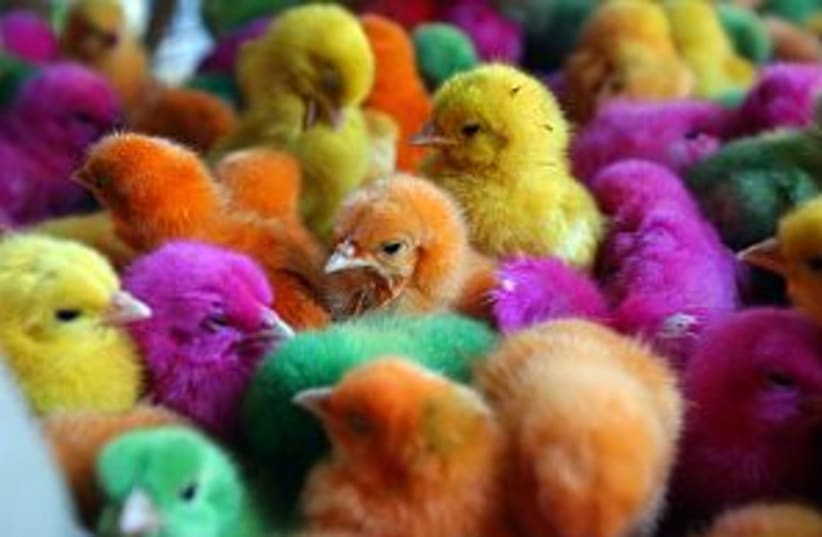| More about: | Moshe Feinstein, The High Court, Israel, Jordan |
Jews say no to animal suffering
Rabbis don't forbid killing animals for human consumption, but rulings paint a nuanced picture.


| More about: | Moshe Feinstein, The High Court, Israel, Jordan |